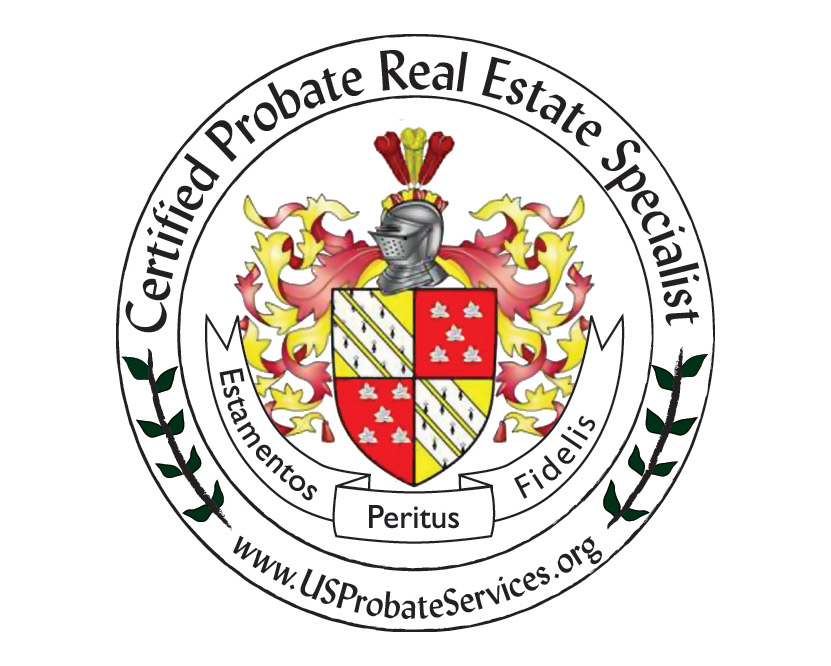PROBATE SHORT SALE
Even though the real estate market has increased during the past year, millions of homes remain underwater. As the personal representative of the estate, you have difficult and complex financial decisions to make.
Many decisions will hinge on the following questions:
- Does the estate have many assets, or just the house?
- Do any heir want to inherit a house with a mortgage that eclipses the home value?
- Can the executor or administrator continue to make the mortgage payment and pay all the house expenses for the nine to 18 months it will take to settle the estate?
- Is there enough money in the estate to pay the attorney fees?
Sometimes, the emotional ties to a property can outweigh the negative equity. But when money is tight, it’s the job of the personal representative to protect the estate’s assets. And a short sale on a probate property may be the correct course to maximize the estate’s value.
Here are a few reasons that an estate may elect to short sale a home:
Protect the Estate: If a house has liens (loans, unpaid property taxes, mechanics liens, even city fines) that exceed the value of the home, those creditors may elect to go after their money from the rest of the estate’s assets.
Unless the home is sold in a short sale.
In California, in most cases, a short sale settles the outstanding debts, and the creditor is prohibited from pursuing the owner for the unpaid balance. (Consult with an attorney for advice on your specific situation.) That will protect the rest of the estate’s value.
Make sure the real estate agent you select is experienced with probate sales as well as short sales. Our team has vast experience in both probate and short sale real estate transactions.
Relocation Incentive: If the home is occupied, most lenders provide a relocation incentive to help someone move. Amounts range from $2,500 to $45,000, depending on loan type, property value and loan balance.
For an estate that has no other assets and heirs who cannot afford to keep the house, this may be the only way to secure at least a little money from the estate.
Attorneys Fees: Probating an estate costs money, usually thousands of dollars. If an estate has few assets, a short sale may help pay the attorneys costs to settle the estate.
Banks will sometimes allow attorney fees to be paid from the proceeds of the short sale. The costs would reduce the payoff to the bank, which has little or no impact on the estate.
Banks prefer short sales over foreclosure because they net 10 percent to 20 percent more money. Adding attorneys fees to the deal makes good financial sense for the banks.
If the bank won’t pay those fees, buyers often will if they feel they are getting a good deal on the home.
Personal Representative Fees: The executor or administrator of an estate also is compensated for their duties. But if the estate has no positive assets, how do they get paid?
The bank may allow executor fees to be paid from the sale proceeds. Or a buyer might take care of it as part of the sale.
Avoid the Zombies: We’ve seen situations in which homeowners moved out of a house before a scheduled foreclosure sale, only to find months later that they still owned the property because the bank canceled the sale. They’re called zombie foreclosures. And the estate would still be responsible for all the expenses and liabilities of ownership.
In a probate, that would also lengthen the estate-settlement process. Until the probate is complete, the executor can’t get back to the normalcy of their life.
Ease the Workload: A short sale in probate can ease the process for the executor/administrator. There is a lot of paperwork, and limiting the responsibilities to one signer can make the task that much easier.
Also, death of a borrower is an approved hardship for short sale, and it can streamline the process.
Final Requests: Lastly, perhaps it was the decedent’s dying wish to sell the home. It’s the administrator’s duty to follow those instructions. Sometimes a short sale may be the only course of action.
The probate process can be a long and exhausting road for the executor. But a short sale can help preserve the estate’s maximum value for the heirs.
The surest way to efficiently complete your task is to make sure you have the right people helping you. Pick a good attorney, not the cheapest one. Choose an experienced Probate Real Estate Specialist, not just an agent who helped you buy a home years ago.
Focus on those two partners so that you can finish the probate and get back to some normalcy in your life.
Contact Rimma to weigh your options:


